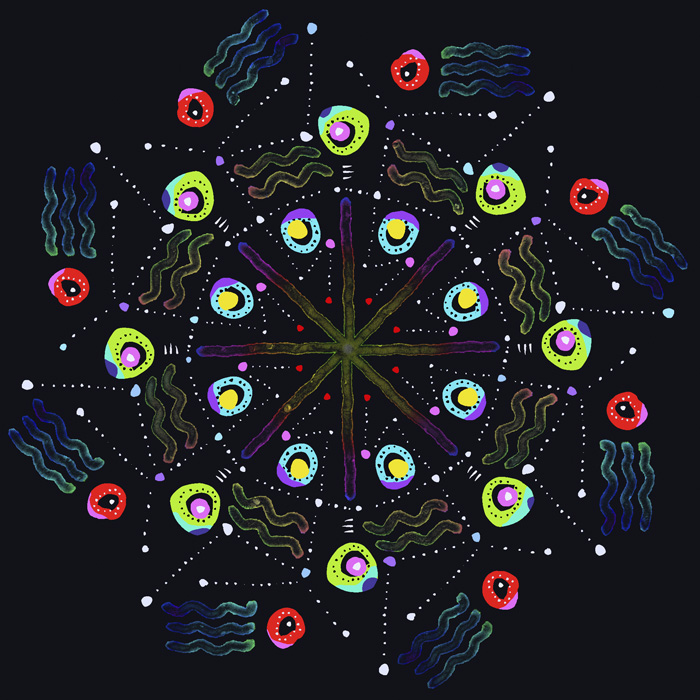(Latest in a series of “What I have learned from the last few years.”)
Most people in the world, and I think it’s not unrealistic to use the word most, live with varying degrees of danger in their everyday lives—danger that ranges from the merely inconvenient to the life-threatening. People live their day-to-day lives with the threat of diseases like malaria and cholera, and AIDS. They live with the danger of not having water at all or not having enough water, or not having clean water. They don’t have enough food for their children or their animals, or they have food but it has little nutritional value. People live without the shelters and shoes that might allow them to cope with heat and cold.
People live daily lives with physical and mental violence perpetrated by governments, by wars, by prejudice, by greed. People who need transportation have none, who need medicine have none, who need money have none.
This is the truth of being born as a human on planet earth, more often than not.
Those of us who have experienced the rare blessing of being born in a time and place in which we usually have enough food, water, shelter and safety to see us through into an adulthood in which we spend vast amounts of time simply finding ways to entertain ourselves, are unaccustomed to living with the kind of daily dangers that are now encroaching on our abundance in the form of disease and climate change.
It takes a big amount of grace to live with these things and not cower, shrink, blame or look for an easy fix. It takes a lot of courage to stand up and say, “I can still be happy, I can still be generous, I can still celebrate, and I can refrain from pointing a finger at those whose beliefs are different from my own.”
I can accept that this is the way human life is, and I can appreciate it for what it has to teach me, on every level. I can live with danger, and still stand up tall. I can stop resisting the way things are, and blossom into acceptance.
We are resilient. We can focus resolutely on the many present joys of our lives and in doing so, plant them in the now, like seeds from a better, more enlightened, future.
